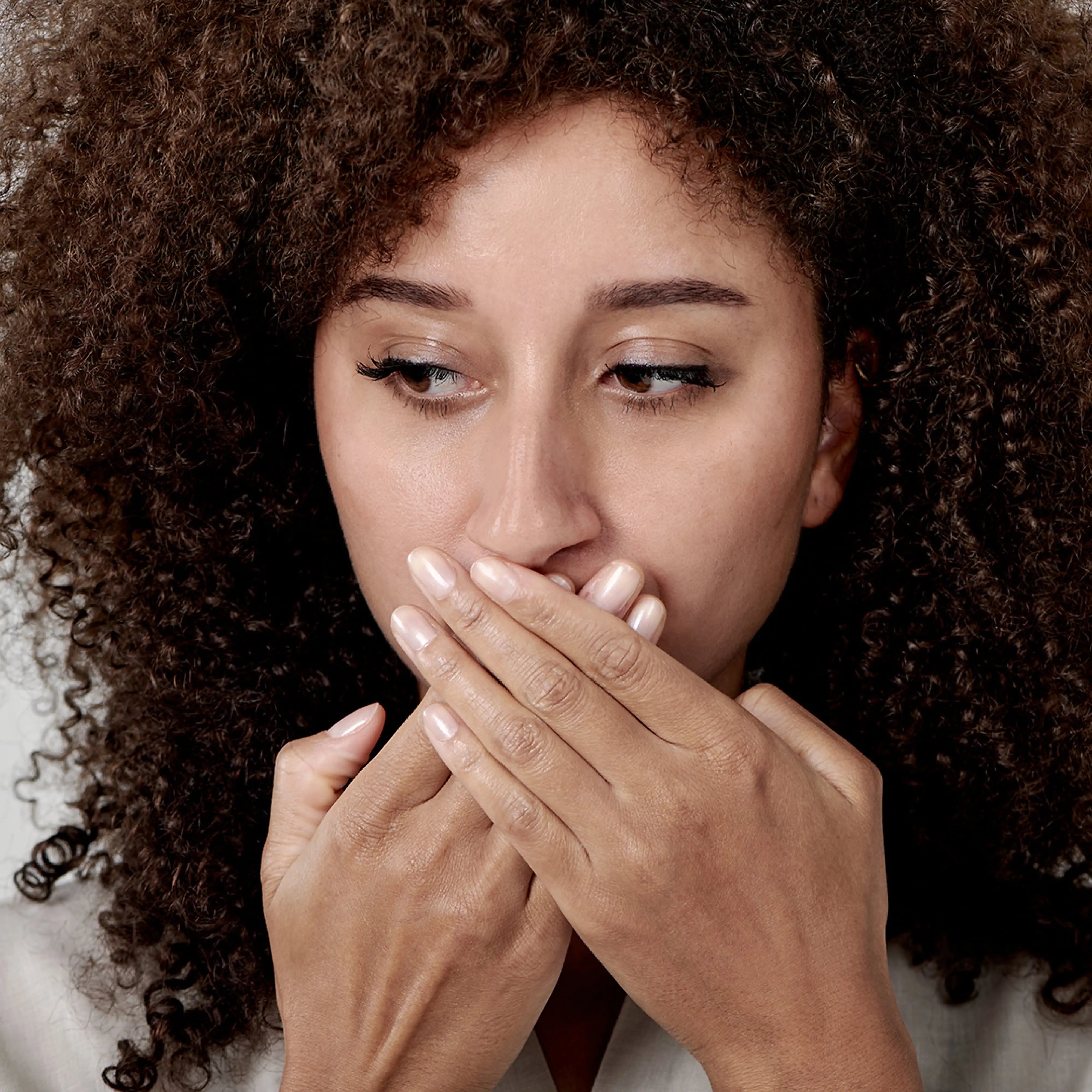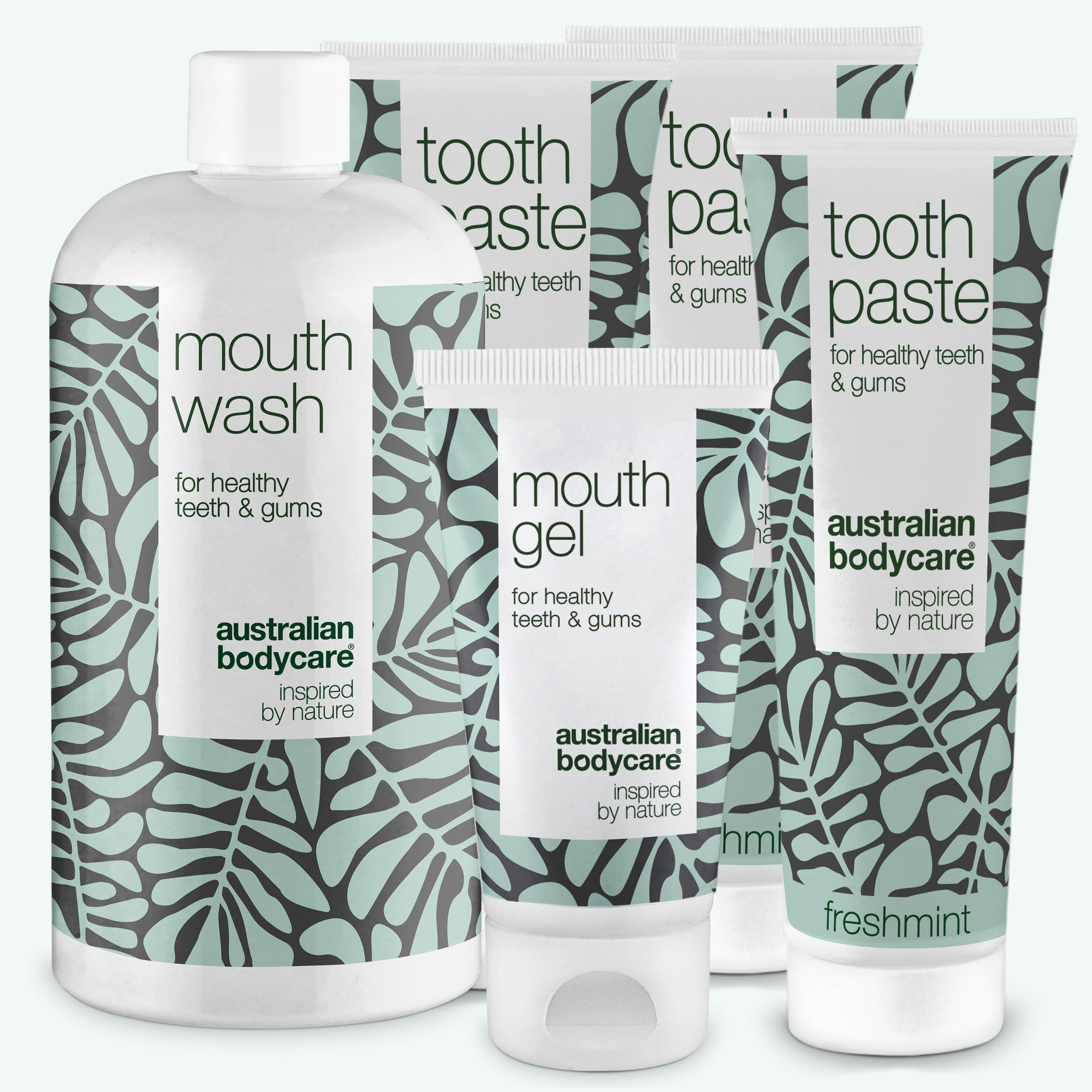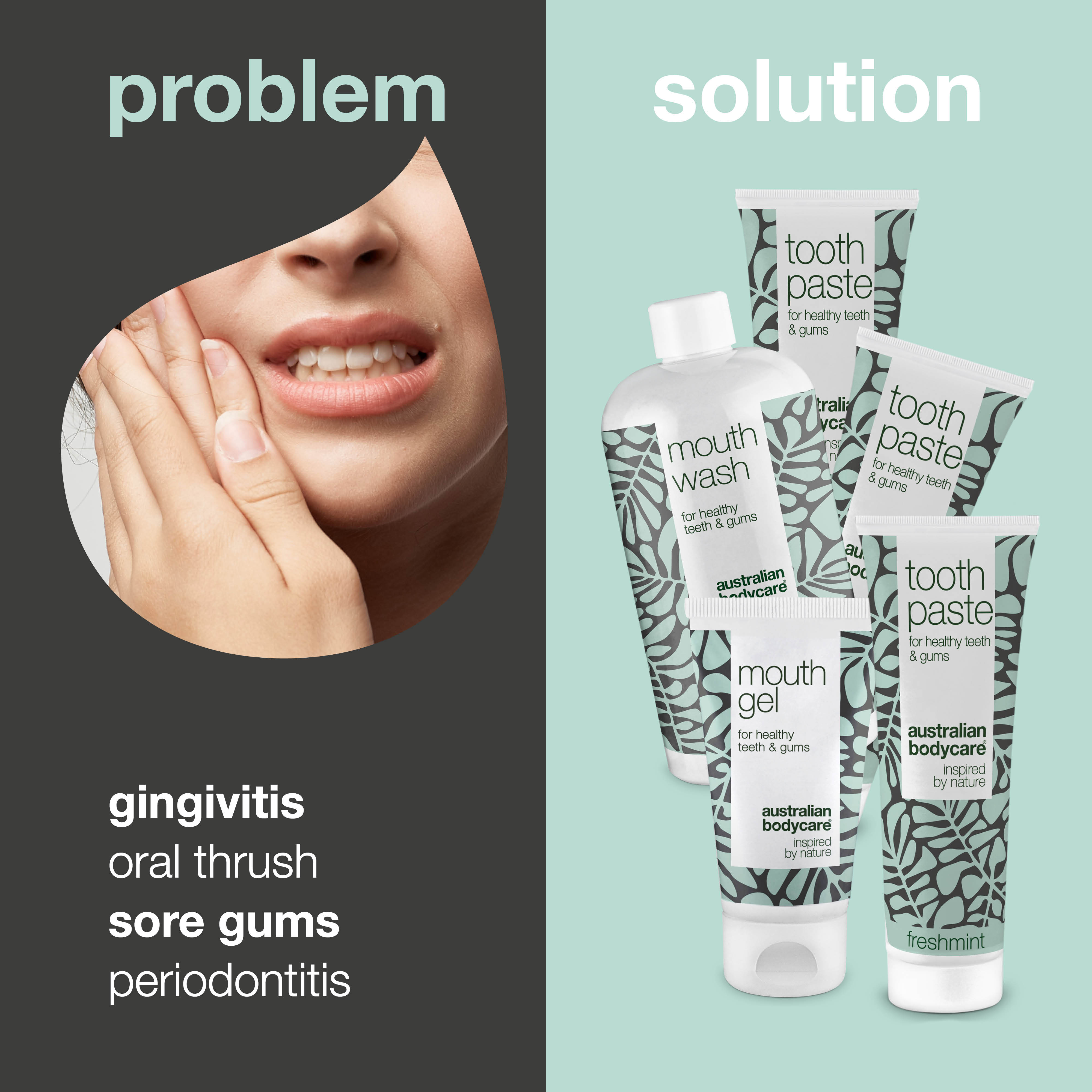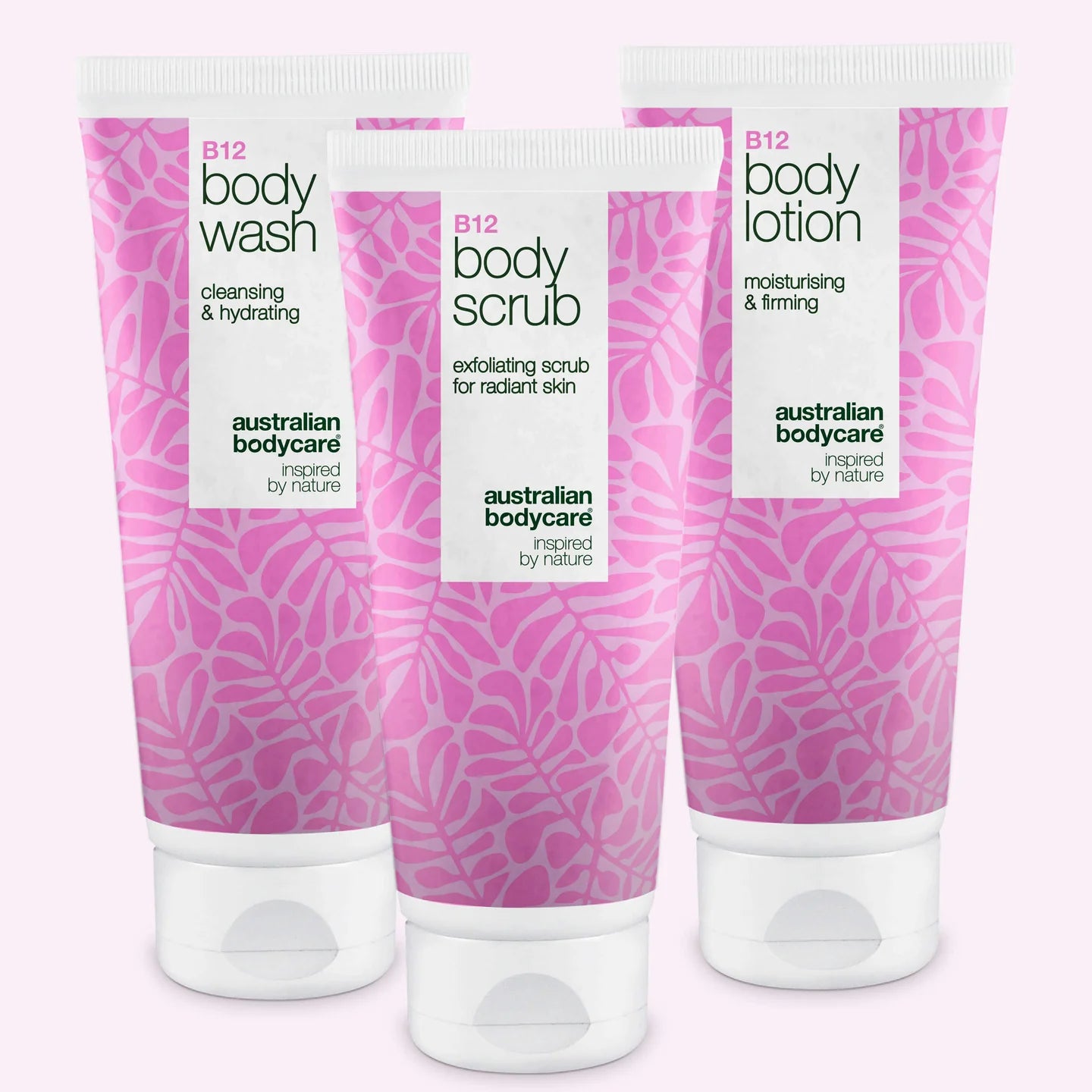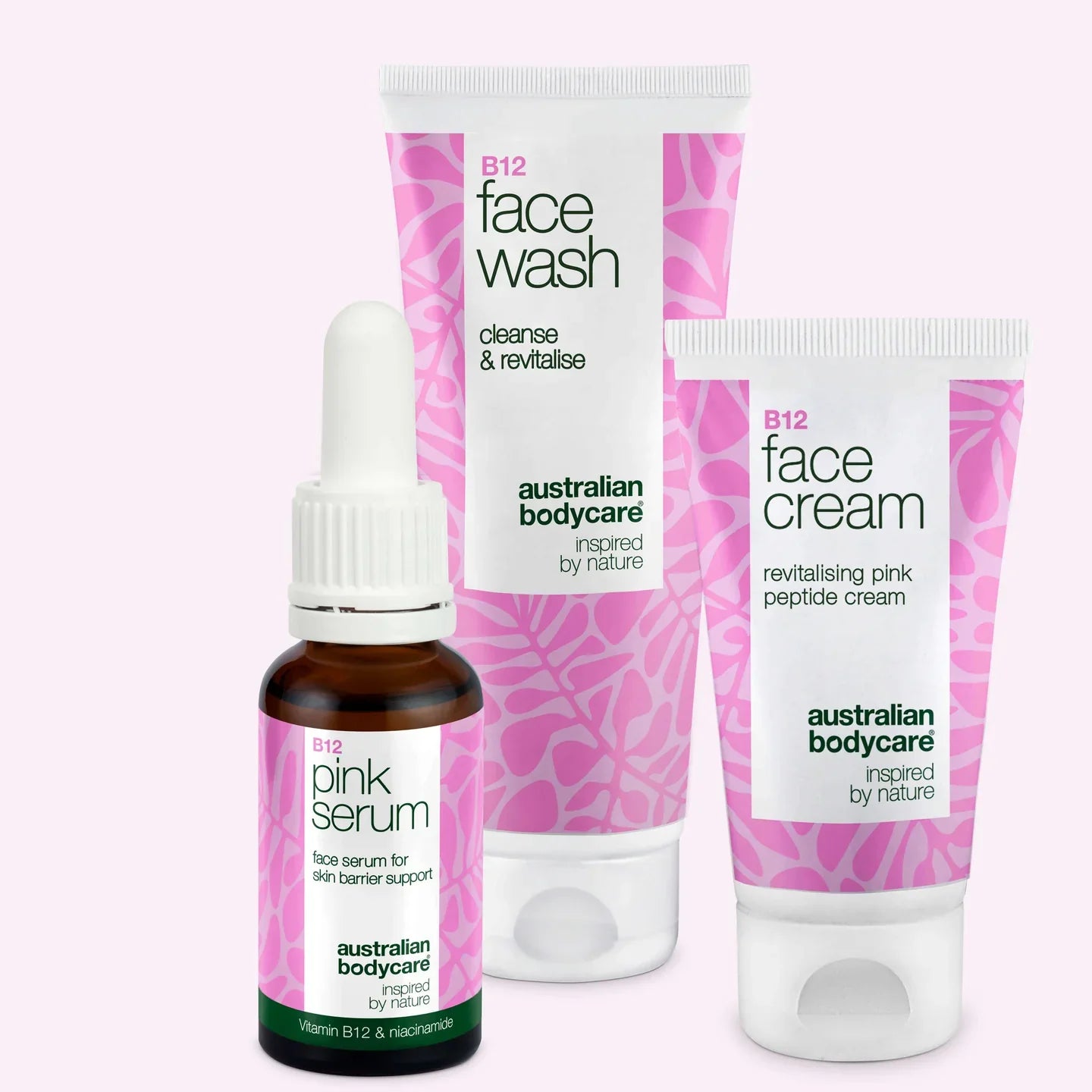The way to good oral hygiene: Simple steps make all the difference
Table of contents
Why is oral hygiene important?
The primary reason why we should brush our teeth right from the day they erupt through the gums is to avoid disease in the teeth and gums. The purpose of brushing your teeth to reduce the number of mouth bacteria that can be harmful to you and your health.
Fortunately it is not difficult to keep your mouth healthy. With the right focus on oral hygiene, bacteria have very few chances of thriving.
How to ensure good oral hygiene
Good oral hygiene starts with removing plaque and remnants of food from the gingival spaces.
You can do it in three simple steps.
- Brush your teeth with our Tea Tree Oil toothpaste
- Use dental floss between all your teeth to remove food remnants the toothbrush has not caught
- Finish off with our mouthwash to give you a fresh, clean mouth
How often you should clean your teeth
You would not immediately believe anyone could brush their teeth too much, but it is actually possible. That is why the Danish Dental Association recommends cleaning your teeth twice a day: morning and evening.
If teeth are brushed more often, brushing can wear them too much and may be harmful to both teeth and gums. You should therefore take care not to press too hard when you brush your teeth.
The best way to clean your teeth
Pick up your toothbrush and hold it horizontally with the bristles pointing in towards the surfaces of the teeth. As you approach the gums, tilt the brush slightly. Press the brush carefully against the teeth, and brush round in precise, uniform movements until all the surfaces are clean.
You can use our Tea Tree Oil toothpaste with advantage, use dental floss after brushing, and finish off with our mouthwash, which also contains Tea Tree Oil. This helps to combat bad breath.
What is Tea Tree Oil?
Tea Tree Oil is an essential oil from Australia with a pleasant smell of camphor. The oil is antiseptic and anti-inflammatory, so it is especially suitable for skin problems and inflammation.
Originally, the leaves of the tea tree were crushed and inhaled to soothe colds and coughs. A poultice could also be made from the leaves to treat wounds and injuries. More recently, people have used the essential oil, which can now help you with your oral hygiene.
Brush your teeth with our Tea Tree Oil toothpaste and take advantage of the beneficial effects of the oil. Then you will have a healthy mouth.
How does it feel when your mouth is healthy?
Most of us can feel how mouth hygiene changes in the course of the day. The first thing many people do in the morning is to pick up their toothbrushes, and in the evening the day’s food has to be brushed away.
When your mouth is healthy, your teeth will feel smooth, your gums will be firm and pale pink, and usually your breath will be fresh too.
Even though toothpaste and mouthwash with Tea Tree Oil are good for oral hygiene, we always recommend visiting your dentist at suitable intervals, and having your teeth scaled. No matter how good your oral hygiene is, it is impossible to avoid plaque in certain places.
What are the possible consequences of poor oral hygiene?
It is never too late to start practising oral hygiene. Even though your oral hygiene has previously been poor. If you do not brush your teeth, there can be a variety of consequences. You may suffer from:
How to avoid poor oral hygiene and its consequences
We live to be older than ever before, and our teeth get older too. To avoid inflammation and periodontal disease, we recommend first and foremost using our Tea Tree Oil toothpaste and mouthwash to benefit from the properties of the oil.
Keeping your teeth clean should be a priority – it is important. Spend at least two minutes every morning and evening brushing your teeth. Studies show that an electric toothbrush is more effective than an ordinary toothbrush, so perhaps you should consider using one.
Young children have milk teeth, which are replaced, but it is still important to brush them. Children also benefit if they are taught good oral hygiene habits at an early age.
If you are still quite young, you can probably remove most of the unwanted deposits with a toothbrush. As you grow older, it may be necessary to supplement the toothbrush with a solo brush and toothpicks to keep the spaces between the teeth clean.
Our mouthwash leaves your mouth feeling fresh, so we recommend using it after cleaning your teeth.
Do you have crowns or a bridge?
If your dentist has fitted a crown, or if you have a bridge or anything else in your mouth that did not come naturally, we recommend brushing extra diligently in these areas, as bacteria may collect naturally in them.
Do you know whether your oral hygiene is good?
If you are used to using dental floss and brushing your teeth carefully, you will soon be able to feel when your mouth needs some extra attention. If you are in doubt, here are some clear indications that your oral hygiene is not optimal:
- If you have plaque
- If your gums are tender or bleed
- If you get an unpleasant taste in your mouth
- If your gums are dark red
Practically everybody will have periods when their oral hygiene is not as good as usual, and there are many possible reasons. Start by keeping your teeth clean with a toothpaste containing Tea Tree Oil, then use dental floss, and finish with a mouthwash.
Luckily, keeping your mouth healthy is habit-forming
Once your mouth is used to care with Australian oil and the clean feeling after you have used dental floss and a mouthwash, you will soon become dependent on the ritual.
That is a really good thing.
It is hard to describe the feeling of having a clean mouth, but we are pleased to help with products that can turn a duty into a pleasant and achievable goal.

